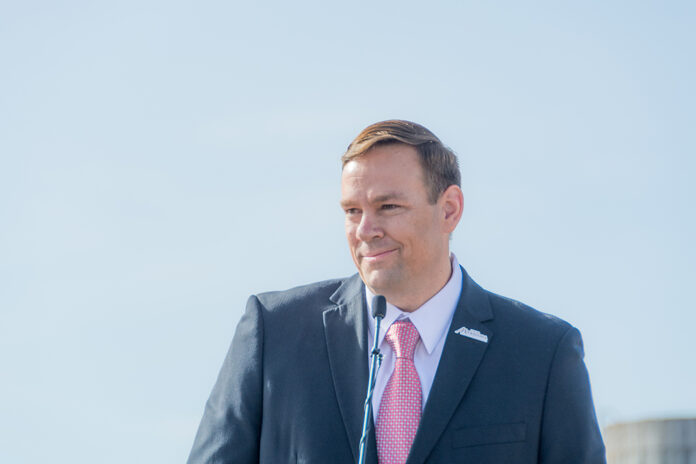
By Christian Price
For those of you who know me, you know I can carry on a conversation with “the best of them.” I love being engaged in all types of conversations with friends and colleagues, business acquaintances and completely new people. And for as much as I love to talk, what I really love about these conversations is the age-old practice of listening.
In my opinion, listening isn’t just the act of not having something coming out of your mouth every other second; but rather engaging in the conversation with the intent to approach the ideas discussed with an educational bent and a concentration on possible implementation of those good ideas expressed. In short, it’s showing a genuine interest and concern in the person and the subject at hand.
Too often, those in positions of leadership, be they corporate, political, entrepreneurial or simply in our very own families, often forget that being “in charge” does not mean we know everything. While these leaders may have the broader vision and concern of the organization in the forefront of their minds, sometimes, it’s the little things that can help catapult both the individual and the group forward the most. Being open to these suggestions, opinions and ideas as they are presented may be the resulting difference between success and failure, growth or decline, or learning what you simply would never have known otherwise to advance the organization to greatness.
To this point, one of my favorite stories about the powerful and successful CEO listening to a frontline worker was told to me by my 11th grade history teacher. We were studying the Industrial Revolution and discussing the “American Dream” and how many of these now uber-wealthy individuals like John D. Rockefeller, Cornelius Vanderbilt and Andrew Carnegie had risen from poverty to prosperity with hard work and business acumen. As my teacher was relating many fascinating stories about these larger-than-life personalities, one stood out to me and helps guide my perspective about leadership and listening to this day.
He said one day, Andrew Carnegie, who is perhaps best known for the fortune he built through his growth and sale of the Carnegie Steel Co. of Pittsburgh, instituted what we call today the suggestion box. While I can’t say if he actually invented the concept, he certainly understood its possible repercussions. To encourage and foster good ideas and their possible implementation, Carnegie offered a reward equivalent to a worker’s entire month’s wages if the suggestion favored the success and efficiency of the organization and was chosen to be enacted.
During this era, when newly fabricated steel came off the line, it was thinly layered into massive rolls, kind of like a roll of toilet paper. To keep the final top flap from coming loose and risk the roll unravelling during transport, they placed three drops of molten steel on the loose flap to seal it and keep it together. Upon arrival at the destination, the drops creating the seal were broken and the fresh steel utilized.
One day, the worker in charge of applying these “three drop seals” suggested applying only one drop would be equally sufficient in strength and in keeping the flap in place until delivered, thus saving two drops of steel per newly produced roll that left the company’s production line. Due to the colossal volume and quantity of steel the United States and world was using during this Gilded Age, this simple suggestion saved the Carnegie Steel Co. millions of dollars and led to greater profits. While Carnegie didn’t know exactly what this simple suggestion would ultimately lead to, he knew enough about listening to his “on-the-job experts,” and that at a very minimum, to give their suggestions credence for the benefit of the company.
I have referred to this story many times in my life, and it has provided me with the perspective that teamwork is best at helping any organization fire on all its cylinders, while maintaining and respecting an individual’s specific skillsets and talents. While most of us think the leadership position we hold brings a certain air of authority (and perhaps it does), what we cannot assume is we know the very best course of action in every given situation. I can personally attest those leaders who practice listening with an open mind to a subordinate’s comments and ideas, those who promote an open and conversational work environment with the intent to better the organization’s situation, foster and cultivate a positive culture of sharing, trust, confidence and earned loyalty that is second to none… and always pays dividends.
Christian Price is managing partner of Pantheon Investments and mayor of Maricopa.
This column appears in the January issue of InMaricopa.












![Alleged car thief released without charges Phoenix police stop a stolen vehicle on April 20, 2024. [Facebook]](https://www.inmaricopa.com/wp-content/uploads/2024/04/IMG_5040-218x150.jpg)



